
In October, Sany filed a complaint at the US District Court in Washington alleging that the president had overstepped his constitutional rights by preventing the company from owning four wind farms in Oregon.
In an interview on Saturday, Liang said the company is determined to "fight to the end" in the case.
Since the financial crisis, China's outbound direct investment has increased despite the decline in global foreign direct investment. That was the result in part of the rising value of the yuan, as well as Chinese companies' increased needs and greater ability to expand globally.
To succeed in the overseas market, Chinese companies must become better acquainted with the rules and regulations of the market and make sure they have large pools of talented workers, Liang said.
Sany said it aims to have from 40 to 50 percent of its sales revenue come from abroad in five years. The company expects the value of its overseas sales to be 10 billion yuan ($1.6 billion) in 2012, an amount equal to 15 percent of its total sales, Liang said.
To reach that goal, "we will have to do two things", Liang said.
"Those are: add greenfield investments and pursue more mergers and acquisitions", he said.
"I have to say that Sany's business fundamentals are pretty good, although there has never been an end to the rumors about large staff reductions and similar matters," said Liang.




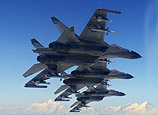
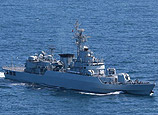

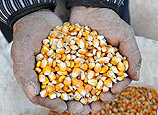

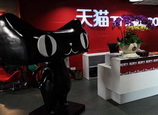

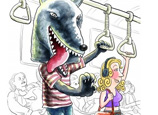






 Beijing experiences windy weather, temperature drop
Beijing experiences windy weather, temperature drop


![]()
